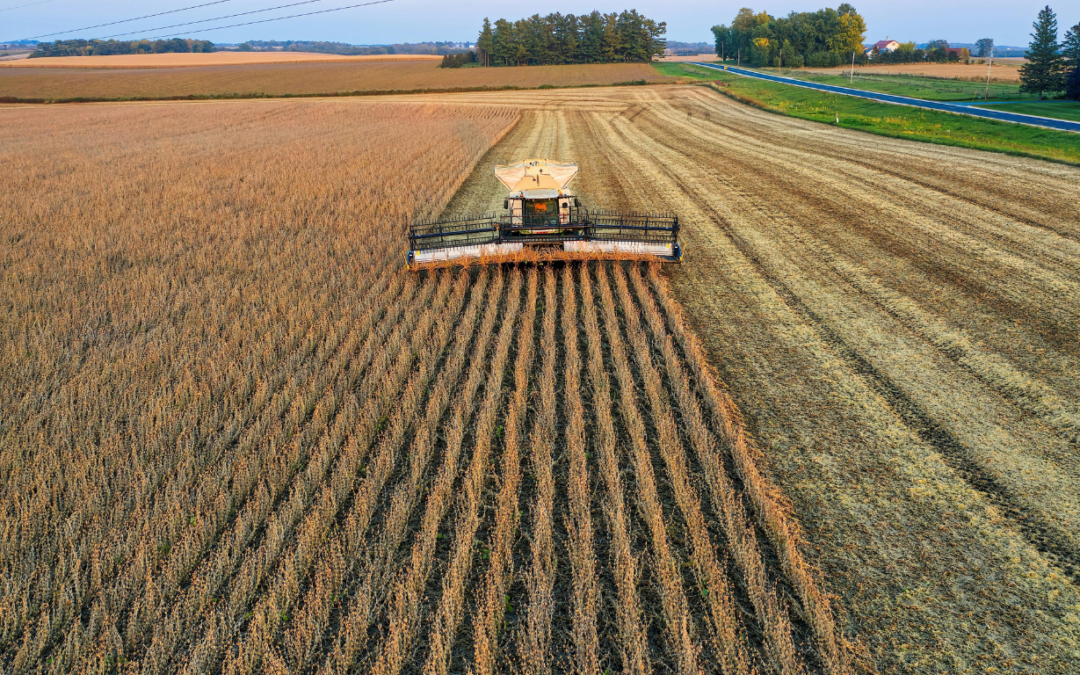Organic Integrity Is a Game of Whack a Mole!
The USDA, and sadly many major certifiers, do nothing but depend on paperwork. And they are going toe to toe with expert fraudsters who are a whole lot better at this game than they are. OrganicEye has been pushing the USDA for mandated testing of all imported organic commodities and ingredients. Compared to the billions of dollars of imports flowing into this country, undermining the livelihoods of US organic farmers, and exposing consumers/eaters to fraud, the cost of testing would be inconsequential.
This article was written by Ken Roseboro and was originally published in The Organic & Non-GMO Report’s November/December 2024 issue.
The U.S. Department of Agriculture’s National Organic Program (NOP) has issued a warning to organic certifiers about possible fraudulent imports of organic soybeans and soybean meal from West Africa, specifically from Benin, Burkina Faso, Ghana, Nigeria, and Togo. The NOP has directed certifiers to enforce stricter oversight of such imports with increased on-site inspections, traceability, sampling and testing for pesticide residues, and unannounced inspections, among other actions.
This warning follows a sharp increase in imports from these regions, coinciding with a significant drop in imports from India after the U.S. ended its organic recognition agreement with India. Due to concerns over rapid growth in purported organic soy from these West African countries, security issues, traceability difficulties, and cases of nonorganic soybeans being sold as organic, the NOP is enforcing stricter oversight.
The NOP requires that each shipment from these countries now has an individual import certificate. Certifiers must provide detailed documentation to the NOP, including evidence of sufficient staff training, procedures for verifying crop yields, and data on sampling and testing for pesticide residues. They are also required to verify complete traceability in the supply chain, specifically tracking each soybean batch back to individual producers, even within large producer groups. The USDA may also direct certifiers to perform further sample collections, unannounced inspections, and specific traceability audits if any concerns arise.
U.S. organic processors, particularly poultry processors, have become increasingly reliant on organic soy supplies from West Africa. According to Argus, 42% of U.S. organic soybean meal imports and 11% of whole soybean imports were sourced from west African countries through September of this year. This up from just 3.6% two years ago.
According to the Organic Integrity Database, the two primary organic certifiers in West Africa are Ecocert SAS, which certifies more than half of all organic operations in the region, and Control Union Certifications.
Lynn Clarkson, CEO Clarkson Grain, doubts the NOP’s actions will be able to stop fraudulent organic shipments from West Africa or other regions outside the U.S.
“It is another case of whack-a-mole in which the NOP tries the control fraud without the tools needed. Outside the U.S., the NOP lacks the authority to determine the truth and punish criminal behavior. That is a perfect invitation to fraud. Warnings issued by NOP will not stop the fraud. We are burdened by one rule for the world but enforcement only in the US. That is amazingly unfair to US organic farmers, players and consumers,” he says.
Additional sources: USDA, Argus

